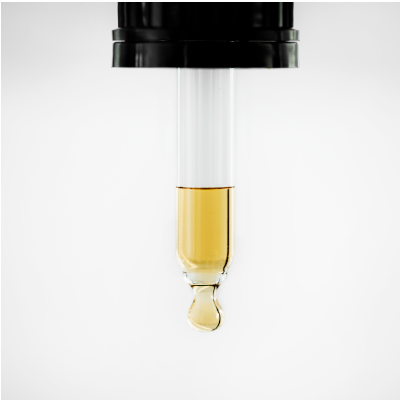Using the dose form of drops can complicate drug terminology mapping and introduce the possibility of mapping errors.
Consider the concept ibuprofen 40 MG/ML Oral Suspension from the RxNorm standard drug terminology. RxNorm has normalized the generic form of this drug and omits the term drops from its description, and Multum MediSource Lexicon drug terminology, SNOMED CT, VANDF, and Micromedex also do not include drops in their descriptions of this generic drug concept. However, other drug terminologies still use drops as a dose form. Gold Standard Drug Database, for example, describes the same generic drug concept as Ibuprofen 50mg/1.25mL Oral Drops, Suspension. Likewise, First Data Bank (FDB) describes it as ibuprofen, 50 mg/1.25 mL, Drops Suspension, Oral. Thus, in mapping between two drug terminologies, one with drops in the description and the other without, we treat drops more like an administration instruction than a dose form, i.e., dropping the substance onto the specific tissue for effect.
In the HDD, we try to differentiate between two types of dose forms: while the drug is sitting on the shelf in a pharmacy, and the actual form given to the patient. A tablet or capsule for oral administration is the same physical form in either situation, but a powder for solution is a powder on the shelf, and a solution at the time it is administered to the patient. This highlights another of the difficulties in using drops as a dose form – it implies that the drug is ready for administration when it may or may not be. The dose form drops does not add any distinction of clinical significance to the generic level drug concept.
Maintaining a medical terminology server like the HDD includes the task of ameliorating the differences in drug attribute mapping so that duplicate drug concepts are not created. Within the HDD, we can accommodate our customers who continue to use drops in their specific pharmacy terminologies or value sets, but in our own drug model we have deprecated its use. If you have questions or suggestions for future topics of discussion, or need help implementing or mapping to standard terminologies, please contact us.

